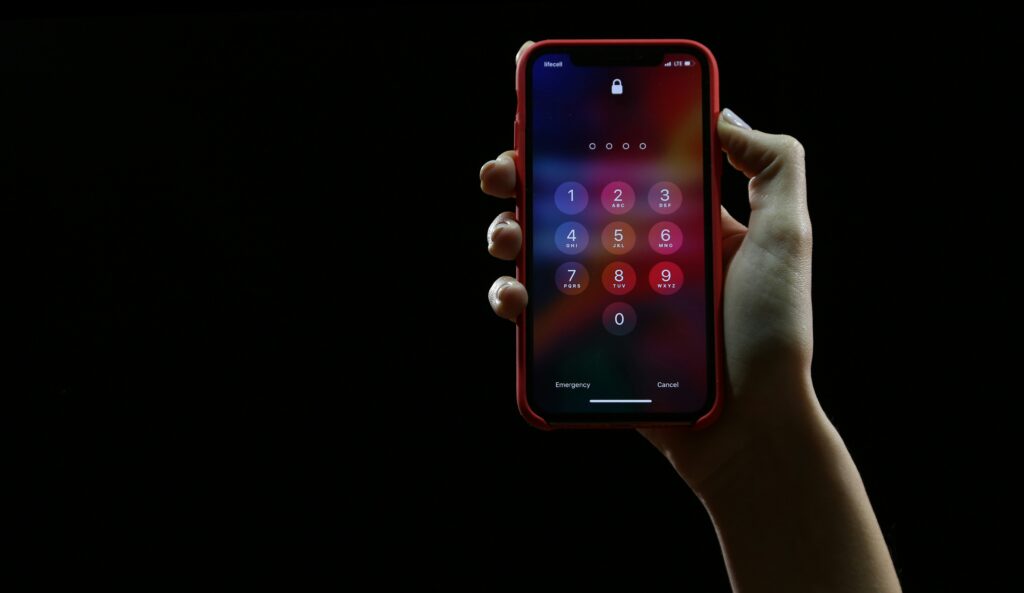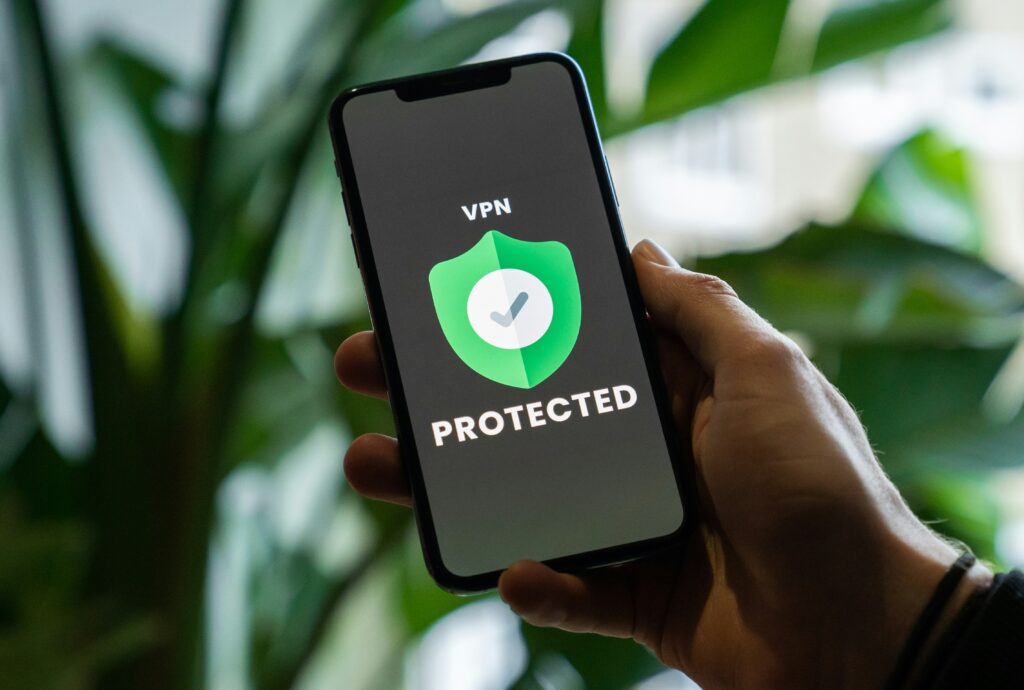This guide will provide you with simple, effective, and up-to-date cybersecurity tips for 2024 to keep your personal information safe.
As we move further into the digital age, the importance of cybersecurity becomes increasingly clear. With our lives becoming more intertwined with technology, protecting our personal and professional information is more critical than ever. In 2024, the landscape of cybersecurity is rapidly evolving, bringing new challenges and opportunities.
In this article, we explore the latest trends and technologies in cybersecurity, offer practical cybersecurity tips for staying safe online, and integrate these practices into your everyday lifestyle. Let’s start by understanding how things are evolving in the current times.
Emerging Technologies in 2024 and Their Impact on Cybersecurity
Here are some of the latest technologies that will have a major impact on our current understanding of cybersecurity and future discourse.
Artificial Intelligence (AI)
Artificial Intelligence (AI) is revolutionising many industries, and cybersecurity is no exception. AI can enhance security measures by identifying and responding to threats more quickly than human operators. However, cybercriminals are also leveraging AI to launch more sophisticated attacks.
For example, AI-driven malware can adapt to security measures in real-time, making it harder to detect and neutralise.
AI’s dual-edged nature means that while it offers powerful tools for defence, it also requires constant vigilance and adaptation to new attack vectors. Security professionals must stay ahead by continuously updating their AI systems and integrating them with other security measures to provide comprehensive protection.
Quantum Computing
Quantum computing promises to solve complex problems much faster than classical computers, which could significantly impact cybersecurity. On the one hand, quantum computing can enhance encryption methods, making it nearly impossible for hackers to breach data. On the other hand, once quantum computers become widely accessible, they could potentially break current encryption standards, exposing sensitive information.
To prepare for this shift, organisations and individuals need to stay informed about quantum-safe encryption methods and begin transitioning to these new standards. Investing in quantum-resistant algorithms now can help protect data in the future when quantum computing becomes mainstream.
Internet of Things (IoT)
The Internet of Things (IoT) connects everyday devices to the internet, creating a more interconnected and convenient world. However, each connected device represents a potential entry point for cyberattacks. From smart homes to connected cars, the proliferation of IoT devices increases the attack surface for cybercriminals.
To mitigate these risks, it’s essential to implement robust security measures for all IoT devices. This includes changing default passwords, regularly updating firmware, and using secure networks. Educating users about the potential risks and best practices for securing their IoT devices can also significantly reduce vulnerabilities.
Integrating Cybersecurity Tips in Everyday Lifestyle
Cybersecurity isn’t just a concern for IT professionals; it’s something everyone needs to consider in their daily lives. By incorporating simple security practices into your routine, you can protect your personal information and reduce the risk of cyberattacks.
Start by regularly updating your software and devices. Updates often include security patches that protect against newly discovered vulnerabilities. Use strong, unique passwords for different accounts and enable two-factor authentication (2FA) wherever possible. Be cautious about the information you share online and adjust your privacy settings on social media platforms.
Educating yourself and your family about common cyber threats, such as phishing scams and malware, can also make a significant difference. Encourage open discussions about cybersecurity and make it a priority to stay informed about the latest threats and best practices.
Top Cybersecurity Tips For 2024

Use Strong and Unique Passwords
Creating strong and unique passwords for each of your online accounts is one of the most basic yet effective ways to protect your information. Here’s how:
- Use a Password Manager: A password manager can generate and store complex passwords for each of your accounts, making it easier to manage them without having to remember each one.
- Avoid Common Passwords: Avoid using easily guessable passwords like “123456,” “password,” or “qwerty.” Instead, use a mix of letters, numbers, and special characters.
- Length Matters: Aim for at least 12 characters. Longer passwords are harder to crack.
Consider using a password manager to generate and store complex passwords securely. This way, you only need to remember one master password, reducing the temptation to reuse passwords across multiple sites.
Enable Two-Factor Authentication (2FA)
One of the many cybersecurity tips that is often repeated is the 2FA security. Two-factor authentication (2FA) adds an extra layer of security by requiring a second form of verification in addition to your password. This could be a code sent to your phone, a fingerprint scan, or a security token. Enabling 2FA significantly reduces the risk of unauthorised access, even if someone manages to obtain your password. Most major online services offer 2FA, and enabling it is usually straightforward. Check the security settings of your accounts and follow the prompts to activate 2FA.
Here’s why and how to use it:
- Why Use 2FA: Even if someone gets hold of your password, they would still need your second form of verification to access your account.
- How to Set Up 2FA: Most online services offer 2FA. You can typically enable it in the security settings of your account. It usually involves receiving a code via SMS, email, or an authentication app like Google Authenticator or Authy.
Keep Your Software Updated
Software updates often include important security patches that fix vulnerabilities. Cybercriminals frequently exploit outdated software to gain access to systems, so keeping your operating system, applications, and devices updated is crucial.
- Automatic Updates: Enable automatic updates for your operating system, browsers, and apps whenever possible.
- Regular Checks: Regularly check for updates if automatic updates are not available
Be Wary of Phishing Scams
Phishing scams are attempts to trick you into providing personal information, such as passwords or credit card numbers, by pretending to be a trustworthy source. These scams often come in the form of emails or text messages that appear to be from legitimate companies.
Here’s how to spot and avoid them:
- Check the Sender: Always verify the sender’s email address. Phishing emails often come from addresses that look similar to, but are not exactly the same as, legitimate ones.
- Look for Red Flags: Be cautious of emails or messages that ask for personal information, have poor grammar, or create a sense of urgency.
- Don’t Click Links: Avoid clicking on links or downloading attachments from unknown or suspicious sources.
Secure Your Wi-Fi Network
An unsecured Wi-Fi network can be an easy target for hackers. Here’s how to secure it:
- Change Default Settings: Change the default username and password for your router.
- Use Strong Encryption: Use WPA3 encryption if your router supports it. If not, WPA2 is still a strong option.
- Regularly Update Firmware: Just like your computer, your router also needs firmware updates to patch vulnerabilities.
Additionally, consider hiding your network’s SSID (the name that appears when searching for Wi-Fi networks) and setting up a guest network for visitors. This keeps your main network more secure by limiting access to trusted devices.
Back Up Your Data Regularly
Regularly backing up your data ensures that you won’t lose important information in the event of a cyberattack, hardware failure, or other incidents. Use a combination of cloud storage and physical backups (such as external hard drives) to keep your data safe.
Automate the backup process where possible to ensure it happens consistently. Test your backups periodically to make sure you can restore your data if needed.
Here’s how to manage your backups:
- Use External Storage: Backup important files to an external hard drive.
- Cloud Storage: Utilise cloud storage solutions for automatic backups.
- Regular Intervals: Set a schedule for regular backups, such as weekly or monthly.
Educate Yourself and Others
Staying informed about the latest cybersecurity threats and best practices is essential. Follow reputable sources of information, such as cybersecurity blogs and news sites, to keep up-to-date with emerging threats.
Share your knowledge with family and friends to help them stay safe online as well. Encourage them to implement basic security measures and stay vigilant against potential threats.

Use a VPN (Virtual Private Network)
A VPN encrypts your internet connection, protecting your data from eavesdroppers and hackers. This is especially important when using public Wi-Fi networks, which are often less secure than private networks.
Choose a reputable VPN service and enable it whenever you’re connected to a public network. This will help keep your online activities private and secure.
Limit Social Media Sharing
Amongst other cybersecurity tips is limit sharing more than needed on social media. Be mindful of the information you share on social media platforms. Cybercriminals can use personal details from social media profiles to conduct social engineering attacks. Adjust your privacy settings to limit who can see your posts and personal information.
Avoid sharing sensitive information, such as your home address, phone number, or travel plans, publicly. Regularly review your social media profiles to ensure you’re not inadvertently sharing too much information.
Monitor Your Financial Accounts
Regularly monitoring your bank statements, credit card statements, and other financial accounts can help you quickly detect any unauthorized transactions. Sign up for alerts from your bank or financial institution to receive notifications of suspicious activity.
Consider using credit monitoring services that can alert you to changes in your credit report, which may indicate identity theft. Early detection is key to mitigating the damage caused by financial fraud.
Implement Multi-Layered Security
Relying on a single security measure is not enough to protect against sophisticated cyber threats. Implement a multi-layered security approach that includes firewalls, antivirus software, intrusion detection systems, and regular security audits.
Regularly review and update your security measures to ensure they are effective against current threats. A comprehensive security strategy should cover all aspects of your digital life, from personal devices to home networks.
Be Cautious with Public Wi-Fi
Public Wi-Fi networks are convenient but often lack robust security measures, making them attractive targets for cybercriminals. Avoid accessing sensitive information, such as online banking or shopping, while connected to public Wi-Fi.
If you must use public Wi-Fi, use a VPN to encrypt your connection. Disable automatic Wi-Fi connections on your devices to prevent them from connecting to untrusted networks without your knowledge.
Understand and Manage Permissions
When installing apps on your devices, pay attention to the permissions they request. Some apps may ask for access to your contacts, location, or other sensitive information. Only grant permissions that are necessary for the app to function.
Review the permissions of existing apps on your devices and revoke any that seem unnecessary. This can help protect your privacy and reduce the risk of data breaches.
Conclusion
These were some of the most effective cybersecurity tips. No matter which year it is and how new technologies impact cybersecurity, by staying informed and proactive, you can protect your personal information and reduce the risk of cyberattacks. Implementing strong passwords, enabling two-factor authentication, keeping your software updated, and educating yourself and others are all crucial steps in maintaining good cybersecurity practices.
Remember, cybersecurity is not just the responsibility of IT professionals; it’s something everyone should take seriously. By integrating these tips into your everyday lifestyle, you can help create a safer online environment for yourself and those around you. Stay vigilant, stay informed, and stay secure.



One thought on “Top Cybersecurity Tips for 2024: Learn How To Stay Safe Online?”